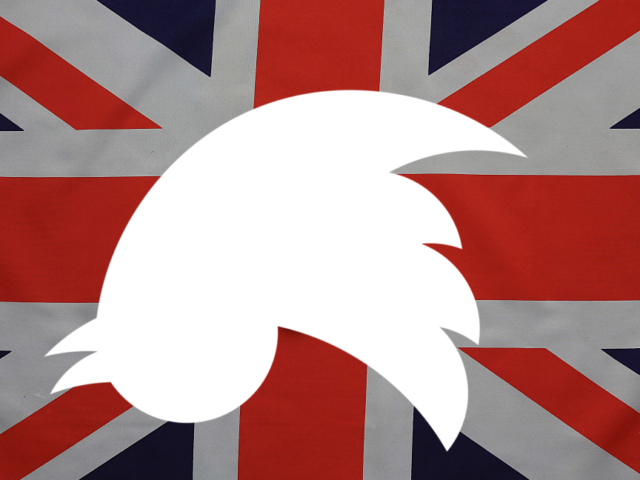The Brexit nullification project was dealt a major blow yesterday as Twitter revealed the numbers behind the much-vaunted “Russian meddling” narrative promoted by Remain campaigners and the establishment media.
While the BBC, Sky News, the Daily Mail, Buzzfeed and others hyped the story, the comments from Twitter’s head of UK policy Nick Pickles paint an altogether different picture of the high-energy Russian influence campaign originally touted.
“We can now update the committee that our broader investigation identified a very small number of suspected Internet Research Agency-linked Twitter accounts,” Pickles told the House of Commons Select Committee hearing on “fake news” in Washington, D.C. on Thursday.
“Forty-nine such accounts were active during the referendum campaign, which represents less than 0.005% of the total number of accounts that tweeted about the referendum.
“These accounts collectively posted 942 tweets, representing less than 0.02% of the total tweets posted about the referendum during the campaign. These tweets cumulatively were retweeted 461 times and were liked 637 times.”
The news is likely to rile Remain campaigners who were hoping to pin “foreign collusion” on the outcome of the referendum. The news comes at the same time Hungarian-American billionaire George Soros is revealed to have donated to a campaign to keep the United Kingdom in the European Union despite the result — the Remain campaign’s own major foreign collusion.
In fact many Soros-funded organisations have projected the foreign collusion narrative, similarly to how the political left in the United States has done so against President Trump and his election.
The Soros-backed Hope not Hate group published an article just one week ago entitled: “Bots, Fake News and Russian influence on the Brexit referendum: A look at the evidence”.
Dr. Joe Mulhall — who has described right-wing activists as “combatants” — cited a study that claims “156,252 Russian accounts… mentioned #Brexit and found they posted almost 45,000 messages pertaining to the EU referendum in the 48 hours around the vote”.
Thirty-nine thousand of these tweets, however, were sent after the referendum itself, with Edinburgh’s School of Social and Political Science stating that just “776 tweets were before 23rd June 2016 10pm BST”.
This tiny fraction compared to the large-scale studies of nearly 62 million tweets sent during the campaign will come as a blow to Hope not Hate and other organisations seeking to nullify the result of the referendum.
Campaigners were dealt an earlier blow last year when it was revealed that Russian-linked accounts had spent just 73p ($1.01) on Facebook ads ahead of the referendum.
A Twitter spokesman added to the statement by Nick Pickles:
As we noted in our previous letters to the Committee, our investigation has been ongoing and has not been limited to the information requested by the Committee or the Electoral Commission. These tweets cumulatively were retweeted 461 times and were liked 637 times. On average this represents fewer than 10 likes per account and fewer than 13 retweets per account during the campaign, with most accounts receiving two or fewer likes and retweets. These are very low levels of engagement.
Juniper Downs, YouTube’s global head of public policy, also appeared before the committee in Washington, D.C. and told the panel of MPs the company had “conducted a thorough investigation around the Brexit referendum and found no evidence of Russian interference”.
The inquiry into Russian influence and Brexit is led by Damian Collins MP, a Remain campaigner during the referendum who has taken his Commons Select Committee on a junket to Washington, D.C. to interview subjects who could easily have appeared before the committee via video-link.
Ahead of the referendum, Collins promoted a now-debunked dossier compiled by then-Chancellor George Osborne’s Treasury, claiming each UK household would be hit negatively by 4,300 GBP if Britain left the European Union.
More recent studies have shown the impact of a “no deal” Brexit where Britain does not secure a free trading relationship with Europe could only cost up to 260 GBP per household, which Leave campaigners say the public would see returned in other areas such as through wage rises, the lack of annual payments to the European Union, and through inward investment from outside the European Union.
The fact that a Member of Parliament who pushed government-sponsored fake news during the referendum campaign is now leading a parliamentary enquiry into fake news will raise questions.
Collins also cited George Soros’s analysis ahead of the referendum, calling him a “veteran of the markets”.
Raheem Kassam is the Editor in Chief of Breitbart London

COMMENTS
Please let us know if you're having issues with commenting.